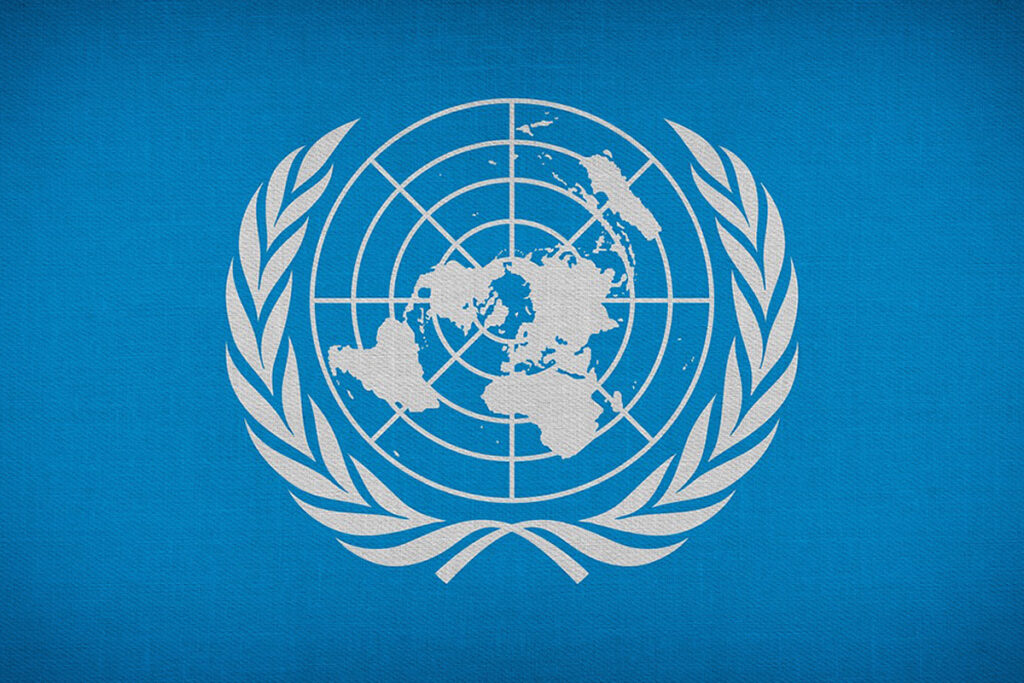Global temperatures are soaring to unprecedented heights, and recent climate disasters serve as stark reminders of the urgent need to combat climate change. As the 2023 United Nations climate summit, COP28, kicks off on November 30, governments worldwide are grappling with the daunting task of transforming national self-interest into collective global action. Despite facing various challenges, negotiators are determined to find innovative solutions to curb rising greenhouse gas emissions.
The Challenge of National Self-Interest
One of the primary hurdles in addressing climate change lies in the clash between national self-interests and the imperative to reduce greenhouse gas emissions. Oil-producing nations resist phasing out fossil fuels, which account for a significant portion of emissions.
Additionally, countries like India, reliant on fossil fuels for economic growth, face economic and developmental challenges in transitioning away from them. Ongoing global conflicts, such as those in Ukraine and the Middle East, have further exacerbated concerns about energy security.
The Thorniest Issue – Reducing Emissions
At COP28, the first-ever “global stocktake” of countries’ efforts to combat climate change will reveal both progress and inadequacies in climate mitigation and adaptation. However, the main roadblock to an agreement isn’t climate science but the fear of compromising national positions and unforeseen repercussions.
Negotiators grapple with questions like whether agreeing to “phase out” fossil fuels would disadvantage countries still reliant on them. Crafting a global agreement that respects each nation’s interests is the ultimate goal.
Tactics for Negotiating a Fossil Fuel Phase-Out
Negotiators are deploying several tactics to bridge the gap on fossil fuel phase-out. “Constructive ambiguity” allows for agreement based on multiple interpretations, fostering consensus. The concept of “common but differentiated responsibilities” in climate commitments enables flexibility by framing actions as within a nation’s capacity. Incremental progress is achieved through trust-building, as seen in the G20 agreement to triple renewable energy capacity. Linguistic finesse, using phrases like “phasing out unabated fossil fuels” or “emissions,” may pave the way for compromise. Pressure on influential figures, like COP28 President Sultan Ahmed al-Jaber, who leads a state-owned oil company, can drive progress. When necessary, contentious issues can be referred to other forums for resolution.
Toward a New Paradigm for Collective Action
True collective action on climate change hinges on universal values and prioritizing the health of the planet for future generations. Separating climate risks from immediate economic and political concerns is vital, as critical ecosystems teeter on the brink.
Diplomatic channels, like those between the U.S. and China, highlight the possibility of isolating climate change from contentious issues. To build collective action, the involvement of nonstate actors, including advocates, business leaders, and city mayors, can complement governmental efforts.
As COP28 unfolds in Dubai, there is a commitment to creating an inclusive and decisive global shift in the fight against climate change. It falls to the leadership of COP28 to harness this potential and translate it into tangible progress.


